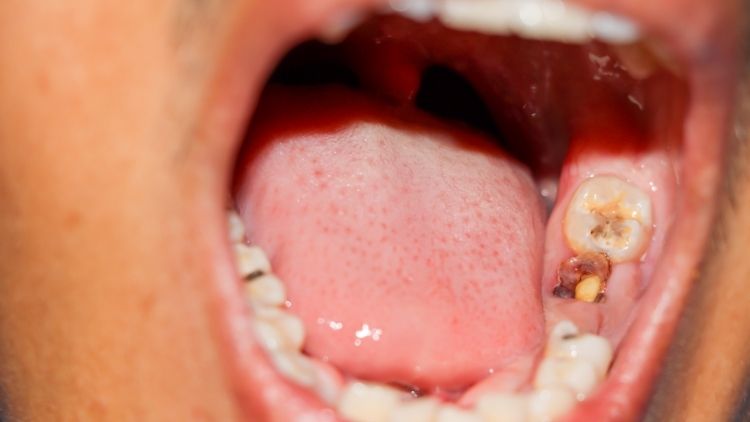The ultimate goal when it comes to dental care is to keep your teeth in the best condition as possible for as long as possible. Dental problems can be painful, impairing, and expensive. Teeth that are weak and brittle can cause many problems including fractures, breakage, and crumbling. If you suffer from these issues, you may have many questions. What is the cause of such issues? Is it avoidable? Is it treatable?
Causes of Brittle Teeth
Brittle teeth can be caused by both environmental as well as hereditary factors. Often, problems are caused by a combination of both aspects. Identifying the factors that may affect you can help you understand what dental care is right for you.
- Hereditary conditions
There are certain conditions that are predetermined from your genetics that may make you more likely to struggle with brittle teeth. Dentinogenesis imperfecta is an inherited condition that causes damage to the enamel of your teeth. The enamel is the covering of your teeth that keeps them protected. Any weakness or damage to your enamel is more likely to make your teeth brittle and susceptible to fractures and breaking. Another hereditary condition called molar-incisor hypomineralisation affects children. The enamel of the tooth doesn’t form properly with this condition. This causes the same issues with brittle teeth that are more likely to have problems.
- Bad habits
As with many dental problems, your habits can take a toll on the overall well-being of your teeth. Choosing sugary foods and sodas break down your teeth’s enamel and weaken the teeth. Tobacco products are also culprits to tooth decay and dental problems. If you have some of these bad habits, make sure to take your dentist’s recommendations and make appointments for regular dental care.
- Aging
Inevitably, the teeth tend to be weaker as you age. Make sure to keep your regular dentist appointments and keep up with your preventative care so that your teeth stay in good condition as you age.
- Bruxism
This is a term to describe a well-known problem—teeth grinding! Bruxism causes wear and tear on the teeth. Teeth can also become damaged from bruxism. If you have issues with teeth-grinding, talk to your dentist about getting a protective mouth guard to wear at night.
- Malnutrition
If your teeth are missing out on vital nutrients, they are more likely to be fragile and brittle. Make sure you’re taking care of your health and visiting your doctor, too!
- Gum Disease
Healthy teeth start deep in the gums. Gum disease can cause brittle teeth and other dental problems.
Treatments
Once enamel has been damaged, it doesn’t grow back. However, your dentist may have many methods to treat your weak or brittle teeth. Although special dental care is required, you can still have a healthy smile with fragile teeth.
- Fluoride treatments
Fluoride treatments and products restore important protective minerals to your teeth. This can even reverse damage that has been done to your teeth.
- Sealants
Your dentist may suggest adding a protective coating to your teeth. This type of dental care helps keep anything from reaching your brittle teeth and making them even weaker.
- Crowns
If you have a tooth that has become too weak, fractured, or broken, your dentist may choose to put a crown over the tooth. A crown will protect the damaged tooth and keep it from being further damaged.
- Root canals
If a tooth becomes broken, your dentist may need to perform a root canal. This process removes all the destroyed tooth and restores as much as possible.
- Dentist appointments
See your dentist regularly! Don’t skip a routine cleaning and exam. If you’re visiting your dentist every six months, he/she has the opportunity to catch problems with your teeth early. If the problems are spotted quickly, you can get the proper dental care to keep it in check.
Are you curious about the current health of your teeth? Make an appointment now to have the strength of your teeth examined. Your dentist can help you put a plan in place for the best dental care for you.
Are you on Facebook? We are, too! Let’s be friends!
Disclaimer: The information included in this article is for educational purposes only. It should not be used as a substitute for professional medical advice, diagnosis or treatment.


 (317) 745-4400
(317) 745-4400
